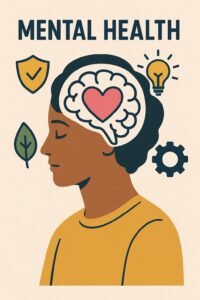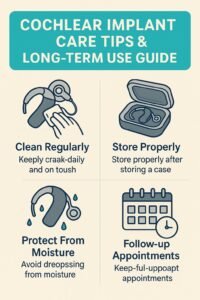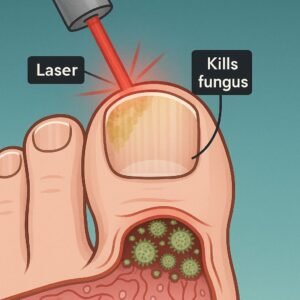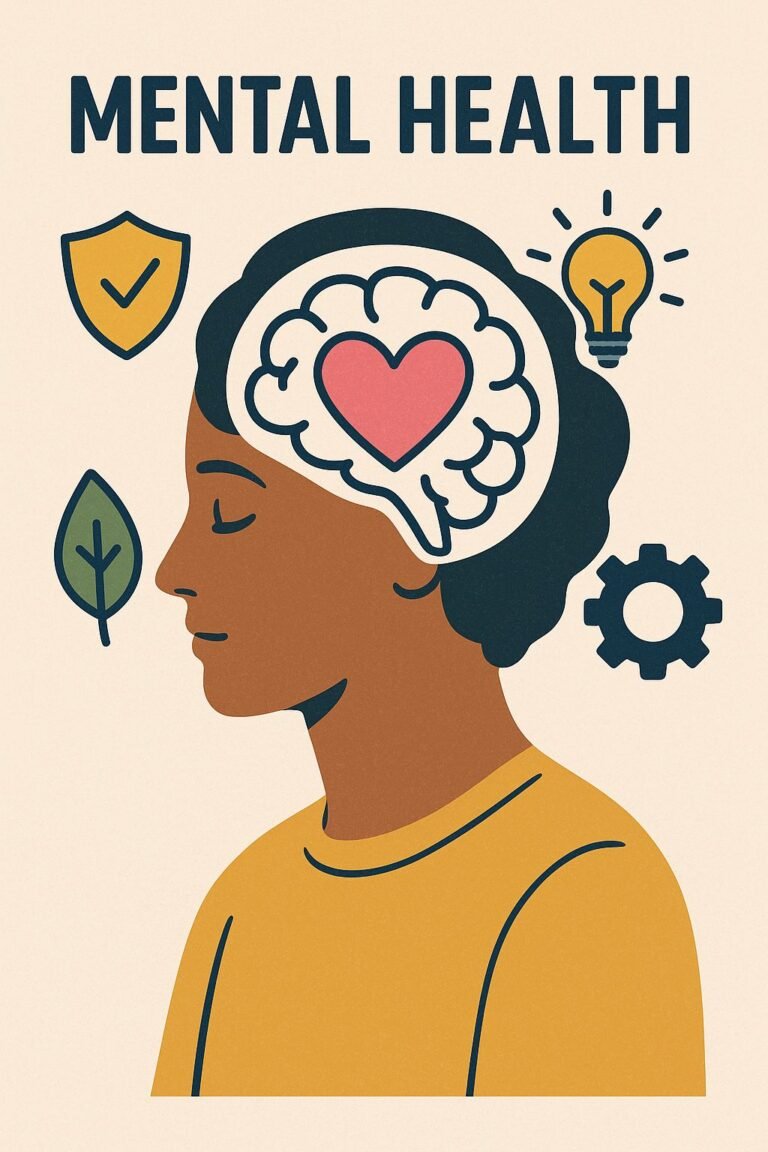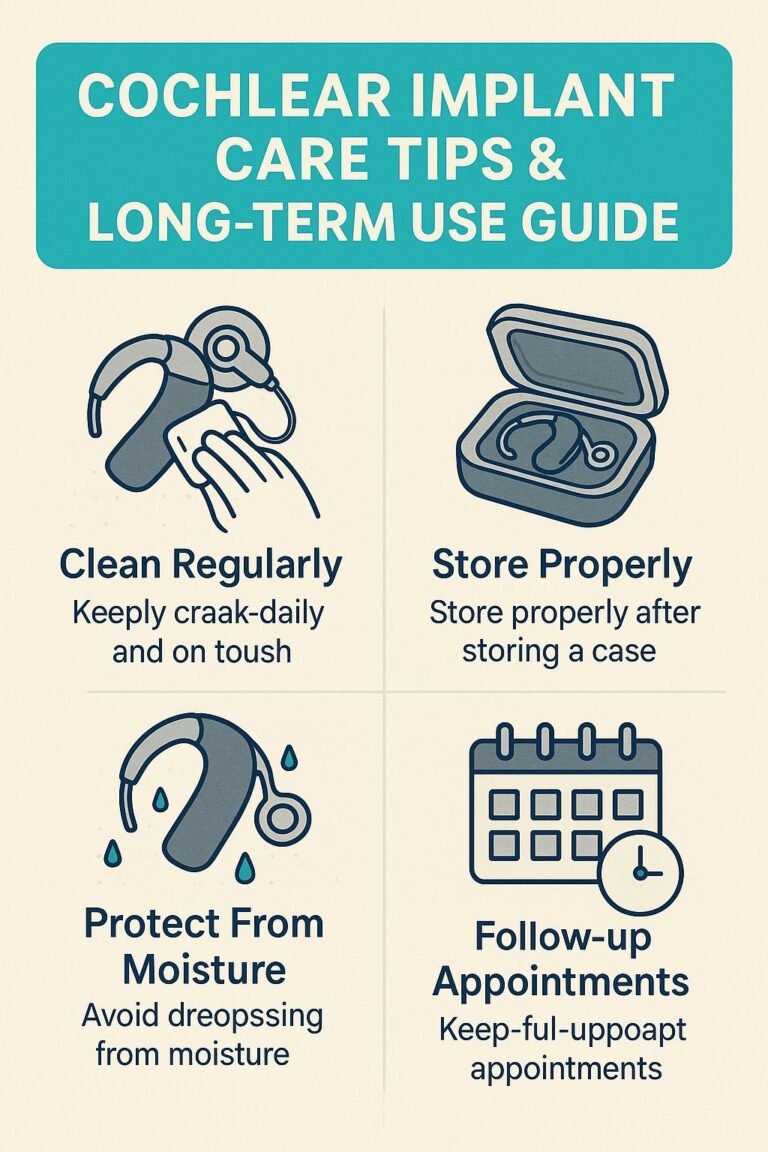[ad_1]
Cancer is a complex disease that can affect anyone, regardless of age, gender, or race. Although some cancers may be attributed to hereditary factors, environmental and lifestyle factors also play a significant role in cancer development. According to the American Cancer Society, lifestyle changes can prevent up to 50% of all cancer cases. Therefore, it is essential to understand the risks and take action to prevent and detect cancer early.
Risks Factors for Cancer
1. Tobacco use: Cigarette smoking and other tobacco products have been linked to various types of cancer, including lung, esophageal, pancreatic, and urinary bladder cancer. People who stop smoking can reduce their risk of all types of cancer over time.
2. Alcohol consumption: Excessive alcohol use is a risk factor for cancers of the mouth, liver, breast, and colon.
3. Unhealthy diet and weight: A diet high in saturated fats, processed meats, and low in fruits, vegetables, and whole grains, and being overweight or obese, can increase the risk of various types of cancer.
4. Lack of physical activity: A sedentary lifestyle and lack of physical activity can increase the risk of breast, colon, and prostate cancer.
5. Exposure to harmful chemicals: Chemicals such as asbestos, benzene, and radon can increase the risk of lung cancer.
6. Family history and genetics: People with a family history of cancer or inherited genetic mutations such as BRCA1 and BRCA2 genes are at a higher risk of cancer.
7. Sun exposure: Excessive exposure to ultraviolet (UV) rays from the sun or tanning beds increases the risk of skin cancer.
Prevention Strategies
1. Quit smoking and avoid tobacco: Quitting smoking is the most important step you can take to decrease your risk of cancer. Also, avoid using any other tobacco products.
2. Maintain a healthy weight and be physically active: Engage in physical activity to maintain a healthy weight and reduce the risk of cancer.
3. Eat a healthy diet: Consuming a diet high in fruits, vegetables, and whole grains is important to reduce the risk of cancer.
4. Protect your skin: Protect your skin by wearing protective clothing, avoiding the sun during peak hours, and wearing sunscreen when outdoors.
5. Get vaccinated: Certain vaccines can help prevent some types of cancer, such as the human papillomavirus (HPV) vaccine to prevent cervical and several other types of cancer.
Early Detection
Early detection of cancer is essential for successful treatment and outcomes. Regular cancer screenings, based on age and factors including family history, are recommended for various types of cancer. Talk to your healthcare provider about the appropriate screening and checkup schedule for your age and risk factors. Symptoms such as unexplained weight loss, fatigue, and pain or changes in the skin, breasts, or other areas should also be reported to a doctor.
Conclusion
Cancer prevention and early detection are essential in the fight against cancer. Understanding the risks and taking action to prevent and detect cancer early can make a significant difference in reducing the incidence and impact of cancer. Making healthier lifestyle choices, getting regular checkups, and reporting unusual symptoms to a doctor can help reduce the risk of cancer and increase the chances of successful treatment.
[ad_2]

